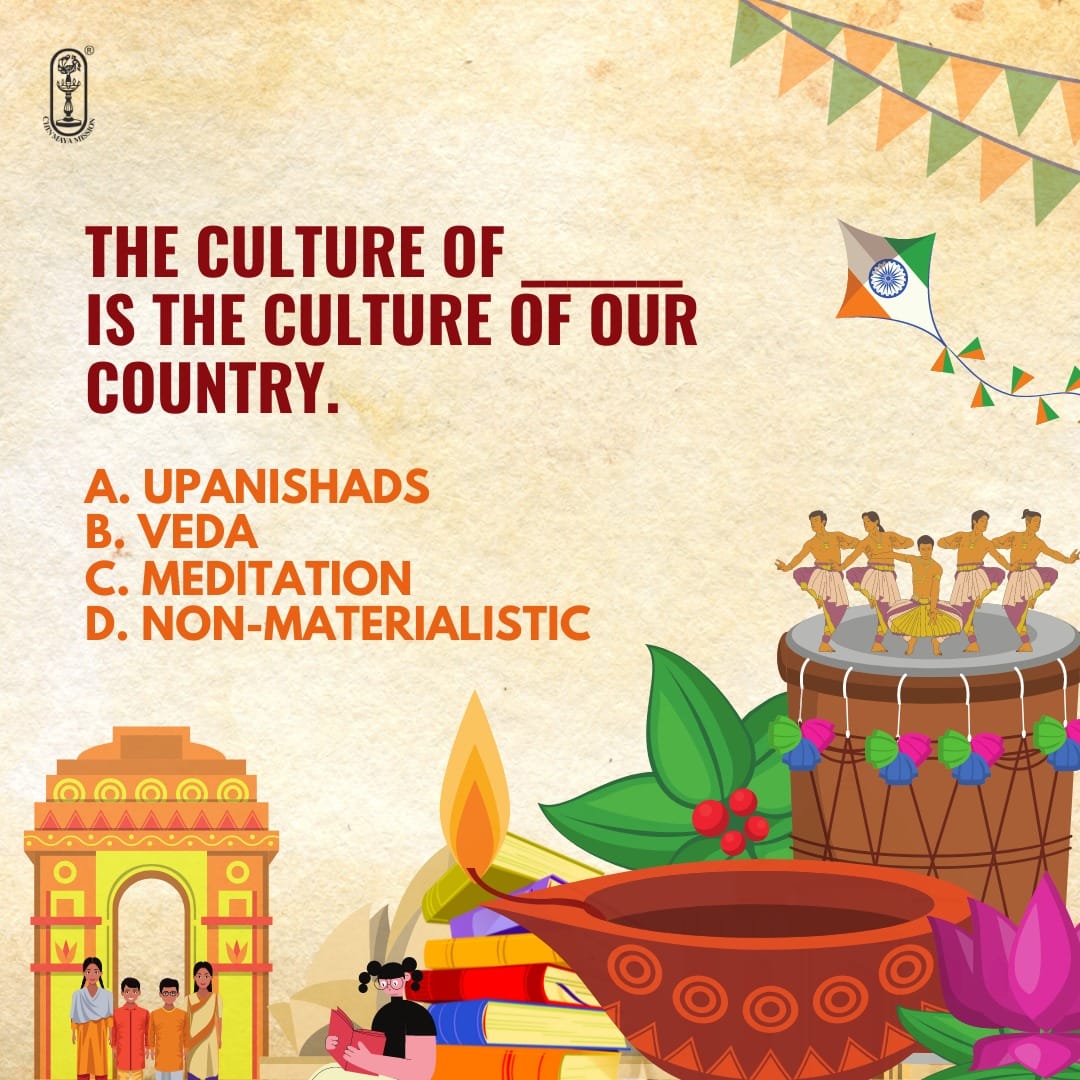Ahimsa – The Antidote to Fear:
Ahimsa – The Antidote to Fear: Dr. Harsh K. Luthar
November 5, 2006
Bhagavan Sri Ramana used to say, “Ahimsa Param Dharma”. It means that Ahimsa (Nonviolence) is the Supreme Dharma (Duty or Principle). Sri Ramana pointed out to the devotees and yogis that in Patanjali’s Yoga Sutras, Ahimsa is named as the highest virtue above all other virtues. If we are able to understand what Ahimsa means at the deepest level, that clarity itself guides us in discovering the nature of the Self as our own Being.
Ahimsa means to be gentle with others and oneself and all of nature. Ahimsa means to be natural and aware without rushing and pushing and trying to get somewhere quickly. This applies to both the material and the spiritual world. The mental tendency to grab and consume experiences of various types remains, even as people get on the spiritual path. There is nothing wrong with that. However, we should be aware of the tendencies that drive us in one direction or another as they create restlessness in the mind. A restless mind cannot surrender to the Lord who sits in the Heart as Pure Existence.
I remember the colloquial Hindi saying, “Sahaj Pake So Meetha Hoye”. It means when we cook something slowly and naturally, it turns out sweet. The implication is that when you turn the heat on too high and too quickly trying to get the results immediately, it can backfire. The food may get burned. The soup may not have the time to simmer and absorb all the flavors from the vegetables and spices.
“Sahaj Pake So Meetha Hoye” is a cooking metaphor but can apply to many things, even personal growth on the spiritual path. People ask for how they can hasten their spiritual progress. They want advice to move forward fast. But life is not a DVD or a DVR. The rush towards enlightenment makes an object of our Self-nature and such expectations can cloud our vision.
All advanced meditation and yoga practices finally come to the point where one becomes extraordinarily aware of the root instinct to survive not just as a physical human entity but as an identity. If we meditate deeply on our being, we will see that our actions and behaviors are guided at gross and subtle levels by this root survival nature embedded in our psyche. So the first principle of yoga, which is Ahimsa (nonviolence), seems very strange in this context. If our root instinct is to survive, it goes against our nature to embrace a philosophy that states that the highest principle of life is nonviolence or harmlessness to others.
It is only when we meditate deeply on the nature of our being, we see why the ancient sages have put the ideal of Ahimsa at the top of their list. Ahimsa is the final antidote to fear at every level. Ahimsa means harmlessness. If we are cultivating Ahimsa, we are not holding on to things and we are not looking for higher states of consciousness. To look for Truth anywhere else other than where you are is not the straight path. Ahimsa in its finest essence implies absolute non-movement of the mind.
Without knowing that the Ahimsa is the Self-nature, fear will be there. Seeing the “other” separate from oneself is a subtle form of violence. As long as there is the “other”, there is fear and the root instinct to survive dominates. When we understand that Self is One without a second, that is true Ahimsa. Without this deep cultivation of non-violence in fiber of ones being, fear will come up in meditation, and in Samadhi, and one may feel terror at the thought of losing everything along with one’s identity.
Intellectually, we know that we will lose everything because nothing belongs to us. All things are transient and we part at the time of death from our loved ones. Yet, even knowing this truth, we cannot emotionally accept it and the deep rooted fear of loss still comes out. The whole of nature has programmed us to survive at every level. We have to respect this nature and not struggle with it. If fear comes, one has to reflect carefully as to why it has come. What are we afraid of losing? And if we are afraid of losing something (love, power, money, prestige, position, life, sanity, mind, etc.), we should take it in gentle stride as a natural part of life and not create an extra layer of judgment upon ourselves and cause more tension.
So it is at this point, one has to allow the soup of life to simmer with love and gratitude. When the soup is not ready, we have to let it simmer on low heat and capture all the flavors. The first principle of yoga, which is Ahimsa, or harmlessness, gradually frees one from the fear of loss. It is the attitude of Ahimsa, that softens the tendency to hold on to things. Only through grace can one can surrender one’s being to the Lord of the Heart and realize the Self as one’s own being, the One without a second.
http://luthar.com/2006/11/05/ahimsa-the-antidote-to-fear/
Sri Ramanasramam





Comments